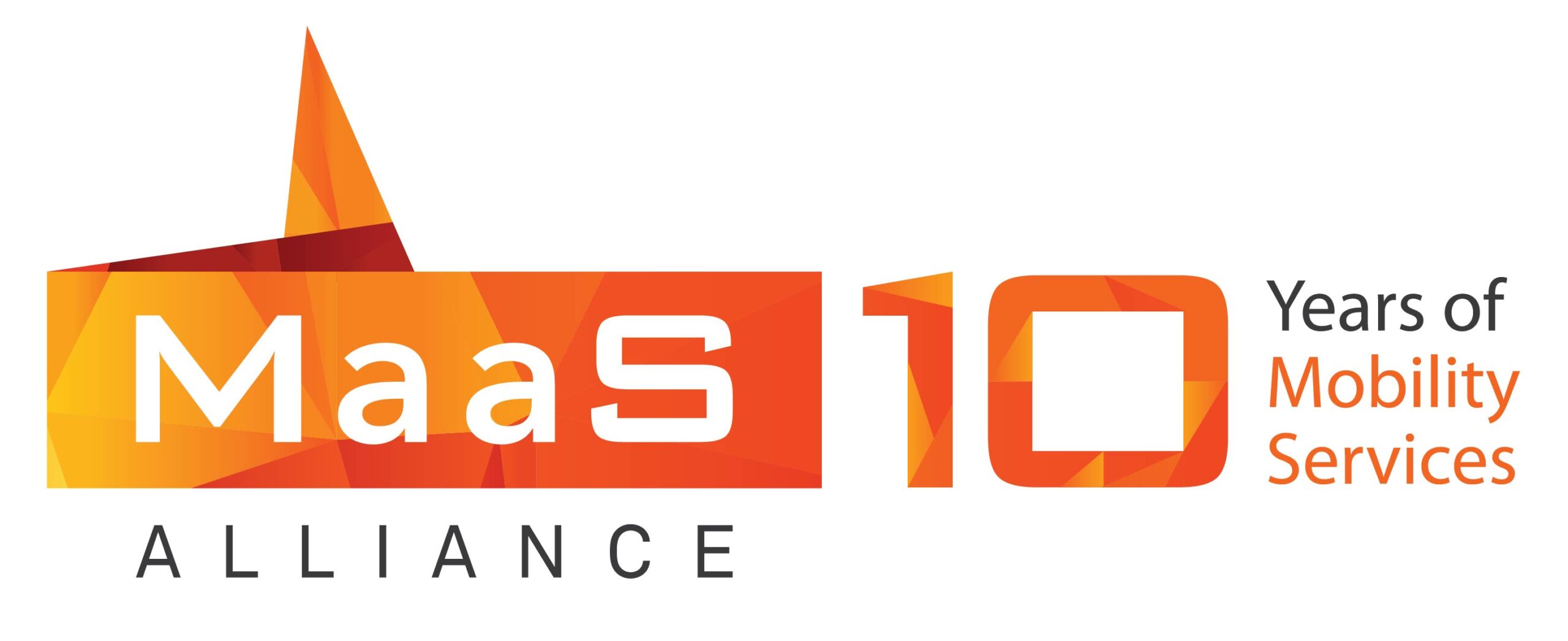We have seen many articles and analyses on the impacts of the ongoing Covid-19 crisis to various sectors, including the mobility. So why writing one more? With this post, more than to analyse the impacts of Covid-19 on mobility and MaaS, we wanted to take the opportunity to discuss the potential implications of MaaS to the post-corona mobility.
For sure, the current crisis is something no one wanted and very few were able to foresee. In addition to the terrifying number of casualties and misery the virus has brought, it has also demonstrated the vulnerability of our functional sectors, including the transport networks and smart cities. Now the question is what can we learn from this? Quite surely we can say that this is not the last time we will face an unknown threat. Therefore, throughout the industries, we need new tools and thinking to build a resilience and be better prepared for the unexpected. While ambitiously working according to plan A towards the desired future, it is only wise to have plan Bs and Cs for the continuity. Agility is to organisations what health is to humans, and understanding on this might be one of the main learnings of this misfortunate and saddening pandemic. To that end, the MaaS Alliance is participating in the New Mobility Covid-19 Task Force invited by Global New Mobility Coalition and other branches of World Economic Forum helping the transport sector back to its feet and to build capabilities of the transport organisations to be more resilient when we face the next black swan event.
Tackling the current crisis and keeping ourselves and our beloved ones safe is naturally the main interest of all of us right now. However, when looking back to 2020 after some 10-15 years, the success of the crisis management very much depends on our ability now to use this breaking point and exploit the transformative forces to work for us. As our talks are full of anticipation on getting things back to normal maybe we should question “what is normal”. Is it normal that only in the EU every year 25 000 people are killed in traffic accidents? Is it really normal that we spend approximately an hour per day in congestion? Is it normal that while all other sectors have been able to decouple the growth in emissions from the economic growth in transport we haven’t managed that yet?
Would it somehow make sense to use this momentum to define the new normal?
It is too early to predict the overall hit to economy because of Covid-19, however, it is clear some sectors will experience a massive negative impact. As the transport is business of derived demand, the lower economic activity will challenge all the stakeholders of the industry but the impacts might be first apparent for those in direct B2C business. However, in only few weeks, we have already seen some favourable changes, such as increase in cycling and rapid take-off of teleworking habits that might bring along some long lasting impacts on the mobility patterns. Online economy is booming as are the various delivery services. While the physical connections of global economy are struggling people are relying more on local supply chains and communities. As a result, several studies have now indicated improved air quality and less emissions in major metropolitan areas. MaaS can act as an enabler of the new agility in the mobility sector – it brings the much needed variety to the demand side and at the same time helps with optimization of the supply side.
What still remains a question mark is in what extent the new working, travel and consumption habits imposed and learnt during the lockdown months will establish a basis for a permanent evolution of our behaviour. Another widely discussed question is if the ridership of public transport and shared mobility services will be negatively affected also in the long run by these times (hopefully not too long) when people are told to avoid the usage of mass transit due to the risk of contamination. It is essentially important to maintain the general trust on safety of public and shared transport services and here digital innovations and tools can certainly help. The MaaS operators, as the interface between users and mobility providers are in a very good position to understand and match the demand and supply, based on the preferences of the users and prevailing external circumstances. Providing users a round tray various public, private and shared mobility options and offering the optimised offering for every single journey is now a valuable asset in reconstituting the trust. User’s hunger for detailed information on various options becomes more and more essential now as the safety aspects are hugely increasing their importance. Last weeks have brought a wide bunch of new mobility innovations and many market players have offered their helping hand. The times of isolation and physical distancing will build up even greater demand and joy of social interaction, when things get back to normal. This social aspect might gain in importance also in future of our mobility system.
We strongly believe that many of the learnt habits and new innovations will be there to stay. As a part of Europe’s recovery plan, and also aligned with the Green Deal, giant leaps with digitalisation, decarbonisation and resilience are now anticipated by the President Ursula von der Leyen’s Commission and MaaS can be the springboard in the transport industry. After the wave of pandemic, this world needs comfortable and smart mobility solutions more than ever before. We now have our best chance to use the learnings of this unwanted pause in our lives, to make a significant shift towards more sustainable models of mobility and pivot towards a New Normal with wide availability of personalised sustainable mobility options consumed by conscious and well-informed consumers. Sounds like a great chance for MaaS.
Article written by Piia Karjalainen, Secretary General – MaaS Alliance and Marko Javornik, General Manager – Voyego



